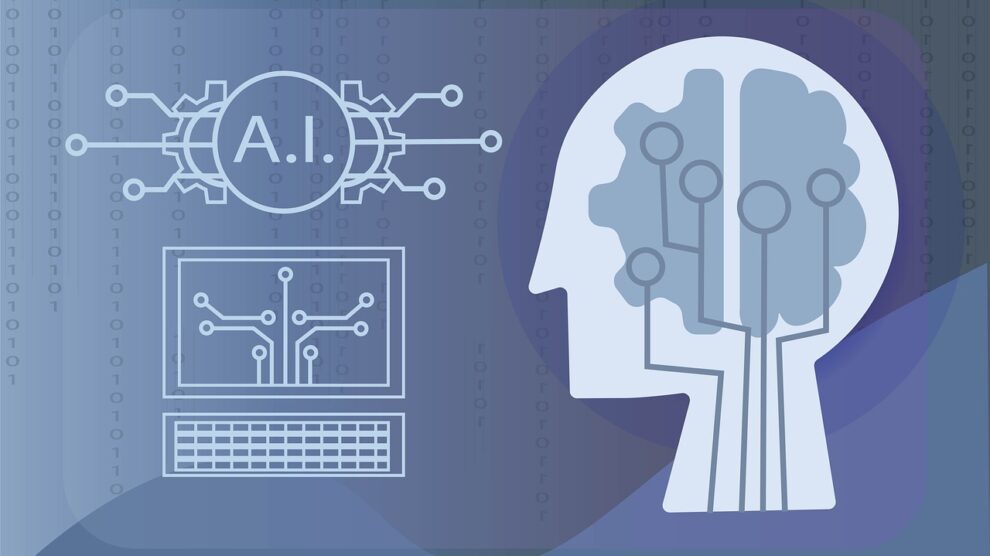Artificial intelligence. Deep learning. The Internet of Things. We hear these terms and concepts thrown around on every tech-related website and blog. They all seem so complex, like the daydreams of coders and engineers that do not always have an obvious connection to the everyday world. But a good mobile app agency will make sure that this tech seamlessly integrates into everyday life. If end-users don’t know what’s happening behind the scenes on their apps and devices, that’s a measure of success for the technology.
When technology develops to the point that it moves out into the public sphere, all kinds of creativity and innovation starts to happen. Whether we know it or not, we’re already seeing artificial intelligence in action. Talking to Apple’s Siri or using facial recognition to unlock iPhones, checking in with Google Translate for language translation, or donning an Oculus Rift headset to play a game would all be impossible without AI.
New developers bring in new ideas, many of which were inconceivable to the public when the tech was developed. Sometimes that means facial recognition apps that work even though we don’t know why. And sometimes, it’s about mixing drinks.
AI Can Now Mix Your Drinks
In the movie Passengers, actor Chris Pratt spends a fair amount of time chatting with a human-looking robot bartender to work through his problems. One mobile app development agency decided to make that a reality with the creation of Niq.
The drink dispenser is designed in such a way that users can interact and exchange pleasantries with it, along with being able to order perfectly mixed drinks. Niq marks a new frontier in the world of tech.
That’s right, artificial intelligence can bartend.
By taking existing technology, a new concept, and a twenty-four hackathon, a group of staffers cobbled together a drink dispenser to create a rudimentary artificially intelligent bartender that works. Almost every step of the process is powered by some form of developed AI. Mix them all together, and you have a British-accented bartender who knows what you like to drink.
The Ingredients for an AI Bartender
The components are from a who’s who list of market leaders:
- Microsoft’s Face API, which utilizes an artificial intelligence process to recognize and identify people. Niq uses it to welcome people by name, incorporating a human greeting.
- Apple’s Siri uses its voice-to-text technology to translate what the customer says into text. Next, API.ai, a text-based conversational service app from Dialogflow, helps build a library of conversational interactions for Niq to better respond to the customer.
- Amazon Web Services’ (AWS) Polly takes the information from API.ia and turns it more natural conversation. This is a deep learning approach that analyzes and learns how people communicate with each other.
- All this information is processed in mere microseconds. Commands are sent to Arduino boards, a sophisticated circuitry system that executes software to control physical devices. For Niq, the action becomes the pouring of the perfect drink, using exact measurements.
- One of the key advantages of deep learning is the idea that it builds on past experiences. Every time someone orders a drink, Niq builds a profile for that person by connecting it to their facial recognition, the conversational interaction, and the customers preference. Plans are in place for Niq to use that profile to make recommendations for drinks it thinks the customer will also enjoy.
The Implications for the Future of Development
In some respects, using such advanced technology to act like a bartender seems trivial. In other ways, however, that’s almost the point. Part of the drive behind artificial intelligence is to make tech work like people do. That doesn’t mean it can’t be fun or convenient.
As the cost of the services and applications of AI continues to come down – not to mention what’s already accessible for free – artificial intelligence can provide all kinds of everyday services in a smoother, more efficient manner than they currently occur.
We can all raise a toast to that.





